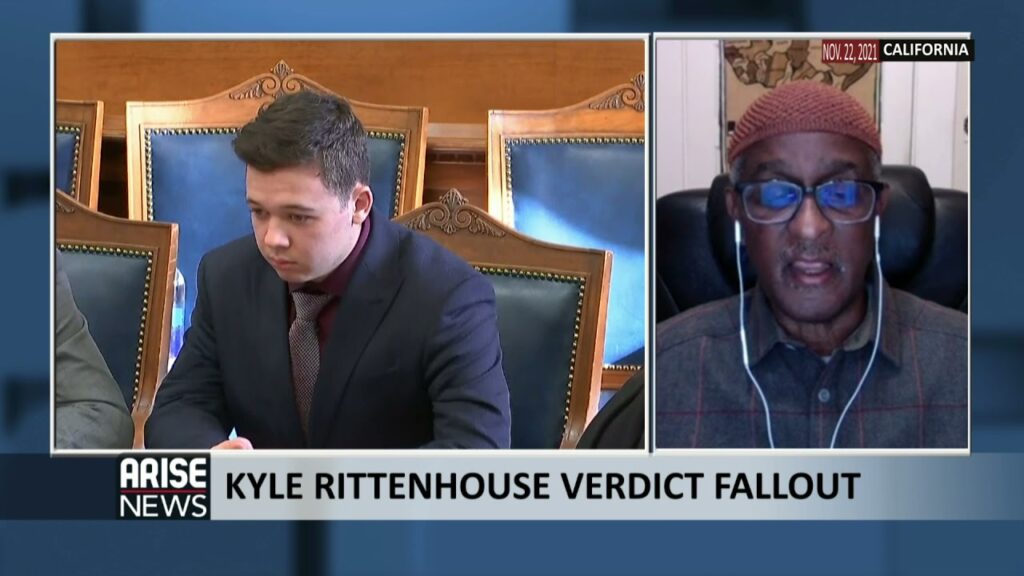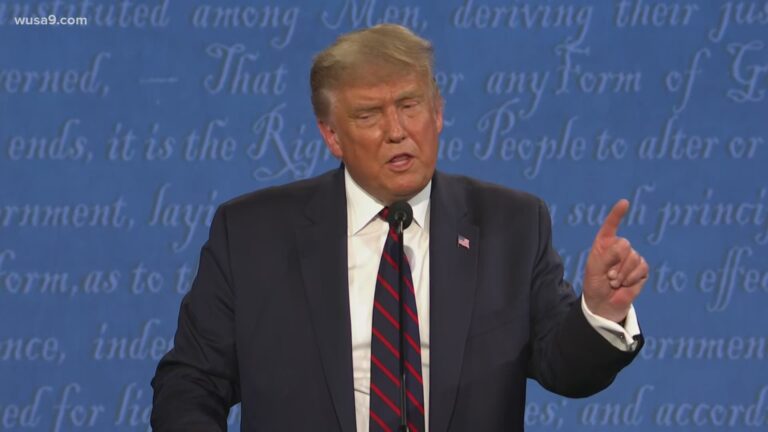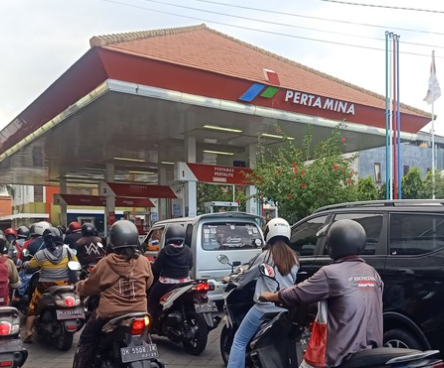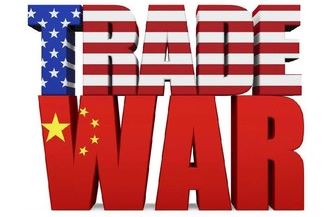
STRATEGIC ASSESSMENT-One of the most damaging issues impacting U.S. national security is not only the worsening social and political divide, but also the vitriol and polarization that now defines U.S. politics and imperils our capacity for logical debate on security imperatives.
The war of words is accompanied by real threats, spanning violent rhetoric from elected officials to an unending civil war fetish promoted by hyper-partisan media networks and commentators, particularly amplified since the Capitol Insurrection. This divisive rhetoric makes it extremely challenging for the U.S. to effectively address a bevy of threats.
Moreover, social media channels stoke and magnify social divisions, as well as provide a dangerous microcosm for radicalizing and mobilizing violent extremism. The recently concluded trial of Kyle Rittenhouse is the latest symptom of our American sickness, with legal claims of self-defense amidst the larger issues of guns and violence in the face of public calls for racial justice and police reform.
On November 19, a jury in Kenosha, Wisconsin found Kyle Rittenhouse not guilty on all five charges he faced: one count of first-degree intentional homicide, and use of a weapon; one count of first-degree reckless homicide, and use of a weapon; one count of attempted first-degree intentional homicide, and use of a weapon; and two counts of first-degree recklessly endangering safety, and use of a dangerous weapon.
Rittenhouse’s legal team claimed self-defense, and the jury agreed with this defense. From a strictly legal standpoint and stripped of all social and historical context for these laws, the verdict was unsurprising; state laws broadly favor self-defense claims and gun rights.
But from a societal standpoint, the trial again demonstrated how the flood of guns, and more specifically the now common-place open carry of semi-automatic rifles and handguns at public gatherings, has created a permanent and worsening state of menace. On social media and sites like Gab and Telegram, far-right extremists, including militia members, white supremacists, and accelerationists, all celebrated the verdict and used it to spread propaganda and recruit new members.
With such rhetoric increasing the likelihood of a recurrence of such an event, broader social-legal questions raised in the Rittenhouse trial must be addressed. Is it reasonable to claim self-defense if you largely created the threat in the first place? Rittenhouse crossed state lines to bring a gun to a riot, so should he legitimately be able to claim fear of someone taking his semi-automatic rifle, when potentially perceived as the threat himself, to justify shooting them? This trial has furthermore laid bare once again the disparate treatment in the legal system of Americans based on race.
Tragically, the verdict has also reinforced the momentum behind extremists and vigilantes attending protests for racial justice and having their violence legally justified. While second amendment protections remain critical, the potential for this verdict to exacerbate such violence and intimidation rips at the fabric of American society and endangers individuals’ rights to free speech and assembly.
The open carry of guns as a political and social statement is, among western democracies, a uniquely American phenomenon. So too is the permanent political campaigns that run on endless anger, manufactured outrage, and massive sums of money. The combination of these two, guns and violent sociopolitical rhetoric, is anathema to a stable and healthy democracy.
There are few foreign threats remotely as dangerous as the seemingly deliberate self-destruction and willful ignorance of our modern-day polity. Furthermore, social fissures have been seized upon by U.S. adversaries, providing endless fodder for the amplification of conspiracies theories and disinformation, but tailored for a partisan audience. Overriding all this anger is the innumerable number of guns that turn disagreement into disaster. Currently, all the momentum in American social and political rhetoric and reality is for further political anger and violence.
Because every single issue and event in American discourse must now be cast as a battle, viewed through a hyper-partisan lens, there is no plausible outcome in which there are not more incidents of violence on American streets during protests and rallies.
By design and drift, America is now in a constant state of armed self-defense from itself and the consequences of this madness, both immediate and long-term, which constitute one of the greatest threats to its security in generations. Given the ubiquitous presence of guns in America, this trial sets a dangerous precedent, excusing armed attendance of protests or riots and use of violence without consequence, and could embolden such use of weapons by the violent far-right in public spaces (TSC).








